PREFACE

OLIVER ELLSWORTH PARTICIPATED IN THE FRAMING, RATIFICATION, and implementation of the early American government, yet this founder has been very much forgotten. He is obscure, in part, because he was neither a partisan firebrand nor the leader of a powerful faction. He was a moderate, a conciliator, a man of principle who often sought compromise. Nevertheless, as a forger of consensus he played a significant role in creating our union. His clout was not lost upon his peers. Aaron Burr commented ruefully that the influence of his Connecticut colleague over his fellow senators was so great that if Ellsworth had happened to spell the name of the Deity with two ds, it would have taken the Senate three weeks to expunge the superfluous letter. Indeed, few men of the founding generation mustered the intellectual courage to go toe-to-toe with James Madison in debate. At the Constitutional Convention, with the future plan of the U.S. government hanging in the balance, Ellsworth did just that. And he won.
Prior to the Constitutional Convention, Ellsworth was, in the phrase of the historians of the era, one of the young men of the Revolution. Before turning thirty-five, Ellsworth was already a veteran of the Connecticut government as well as the Continental Congress. Returning to Philadelphia in the summer of 1787, Ellsworth emerged as a crucial actor in the camp that successfully argued for measured constitutional change. Following the Convention, supporters of the Constitution within Connecticut enlisted Ellsworth to present the case for the new plan of government to his states ratification delegates. Connecticut ratified by a lopsided margin.
Throughout the 1790s, Ellsworths involvement in all three branches of the federal government marked the apex of his political influence. During his service in the first Senate, Ellsworth drafted the historic legislation that created Americas judicial system. In 1796, he became the chief justice of the United States. Only two men had held the post before Ellsworth. Four years later, John Adams turned to Ellsworth to carry out the most decisive action of Adamss presidency. He dispatched Ellsworth to France on a peace mission that many in Adamss own administration bitterly opposed.
While Ellsworth often managed to find compromise between competing political camps, unanimity was rarely the natural state of affairs in the early republic. In historian Thomas P. Slaughters assessment,
conflict was at the heart of the Revolution, and conflict among Americans was at least as important a part of the story as cooperation against a common enemy. In the aftermath of the violent international struggle that virtually ended in 1781, conflict remained the body and soul of American politics through the
Against the backdrop of the genuine strife that characterized early American politics, Ellsworths success in fashioning lasting political compromises, such as the Judiciary Act of 1789 (under which todays federal court system retains the same basic structure that Ellsworth designed for it two centuries ago), is all the more impressive.
This book is not a study of religious faith among the Founding Fathers. But it does raise one point about religions role in the early American government. Whether most of the Founding Fathers were Christians or deists, Ellsworth was a devout Calvinist. His theological formation, moreover, was the source of his political pragmatism. For modern readers, Ellsworths political pragmatism presents the following paradox. How was it that Ellsworth, who viewed politics largely through the lens of theology, was able to assert the moderate view while his more secular-minded colleagues frequently opted for more contentious policy agendas? Today, religion, often viewed as divisive, is considered an impediment to political compromise. Things were different at the founding. Amid the early debates over the role of the federal government, the future of slavery, and the conduct of foreign policy, to cite a few examples, it was Ellsworths Calvinist faith that steered himand often his colleagues with himtoward a lasting consensus.
Modern audiences may be accustomed to the marginalizing effect of theological beliefs on contemporary political leaders. Yet if holding deep-seated theological views makes a politician today unable to garner widespread support, Ellsworths theological formation had much the opposite effect. Far from hampering his ability to shape the answers to the questions that vexed early American politicians, Ellsworths theological convictions were often the very reason why he proved to be politically influential. His form of Calvinism provided a profound reason to seek broad compromises that protected the nation from external threats and internal strife. Gods will, his particular creed told him, was to preserve Americas harmony.
Beyond motivating his political pragmatism, Ellsworths religious convictions also contributed to his enthusiasm for federalism. For some of Americas founders, the division of power between the state and national governments was dangerously inefficient. For Ellsworth, by contrast, federalism was quasi-sacred. In his home state, towns formed independent political units, which, in turn, elected representatives to serve in Connecticuts General Assembly. Moreover, many of Connecticuts towns were originally organized around churches. Not only, then, was Connecticuts government a federal one, but its federalism had religious roots. None of this was lost upon Ellsworth, who, after three decades of service to the federal government, returned happily to his home in Windsor, where he would devote the final years of his life to, among other things, compiling a regular newspaper column on the latest agricultural techniques.
What follows, in short, is a study of a religious pragmatist, a devoted Federalist, who was responsible for making possible the lofty designs of better-known founders. Ellsworths legacy, as we shall see, if not his name, endures.


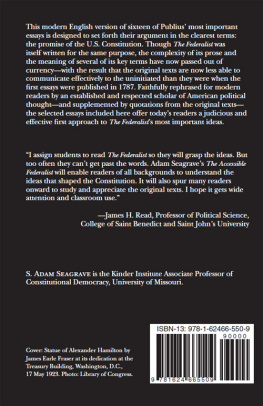
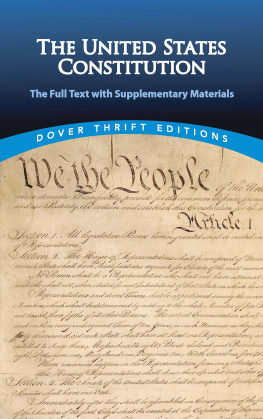
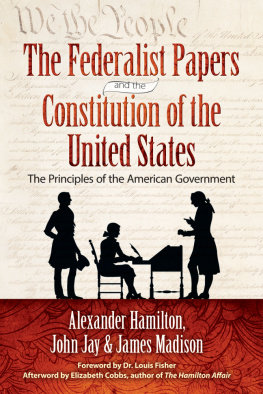
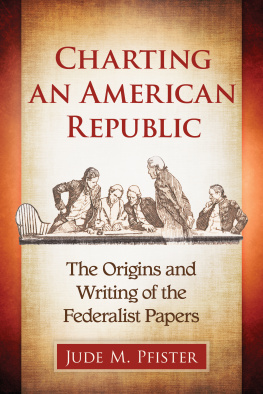
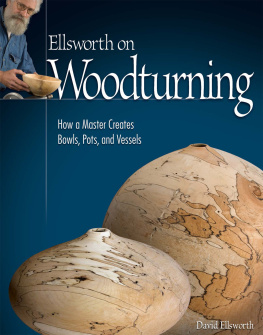
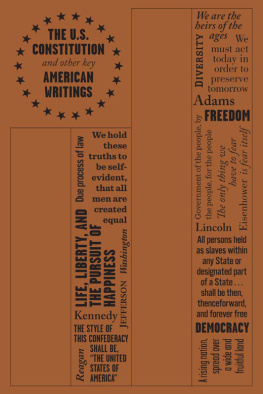
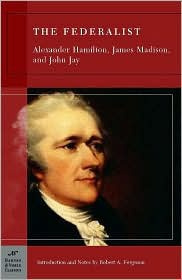
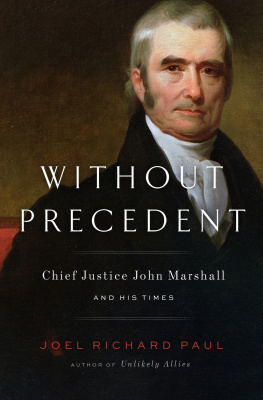
![Jay John - The Federalist : a collection of essays, written in favour of the new Constitution, as agreed upon by the Federal Convention, September 17, 1787. : In two volumes. Vol. I[-II.]](/uploads/posts/book/76130/thumbs/jay-john-the-federalist-a-collection-of-essays.jpg)









